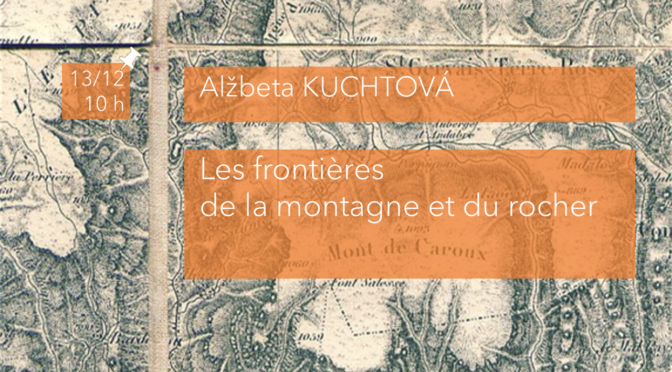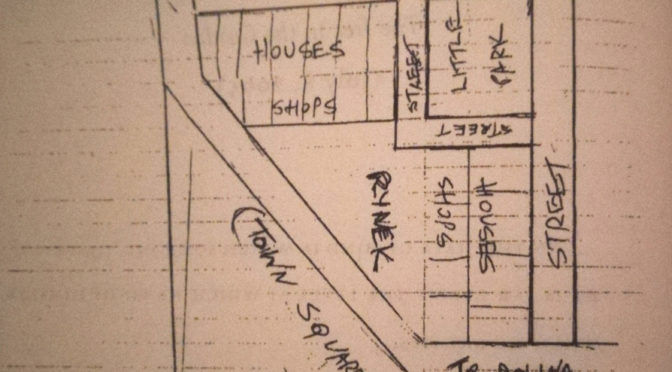
A lecture by Marianne Windsperger (Vienna Wiesenthal Institute for Holocaust Studies) in the frame of the seminar on Modern Jewish History organized by the Masaryk Institute and Archives of the Czech Academy of Sciences, CEFRES and the Prague Center for Jewish Studies.
Where: CEFRES Library, Na Florenci 3, 110 00 Prague 1
When: from 5:30 pm to 7 pm
Language: English
Abstract
In my PhD dissertation project on “Revisiting and Retelling the Shtetl: Narratives of Searching for Traces in American Jewish Writing” I devote a chapter to references to the yizker bukh tradition in contemporary Jewish writing. The Yiddish term yizker bikher has come to describe a large body of books commemorating destroyed Jewish communities in Eastern Europe. These books have been put together in displaced persons camps immediately after the war or in the hometown societies, the landsmanshaftn. A large number of the yizker bikher include various materials such as maps, photographs, documents as well as lists of names. In narratives that seek to draw transgenerational connections to concrete places, these memorial books are consulted to gain or verify knowledge on specific sites and as a repository of names of the former inhabitants. In this chapter I will carefully trace forms of collecting and writing in contemporary Jewish literature connected to the yizker bukh tradition. Traces of the diasporic medium of the yizker bikher can be found in contemporary American writing, in Argentinian literature as well as in French and German works. Through a comparative approach I will map the afterlife of this genre in world literature and show how these books draw together various writing traditions.
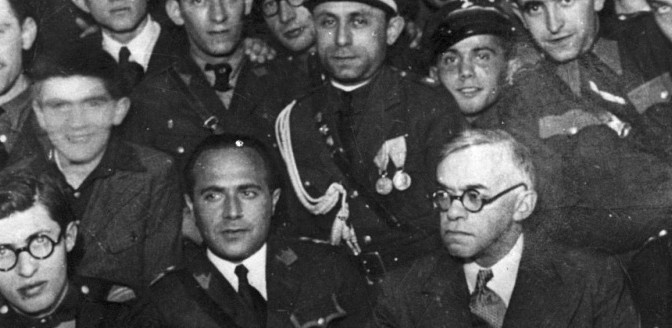
A lecture by Jan Zouplna (Oriental Studies, Czech Academy of Sciences) in the frame of the seminar on Modern Jewish History of the Institute of Contemporary History (AV ČR) and CEFRES in partnership with the Jewish Museum
Language: Czech
The genealogy of the Israeli right wing is very complex indeed. From the 1920s to the 1940s the right wing was a loosely defined alliance ranging from intellectuals who were demanding the democratization of public life all the way to paramilitary units that included political terrorism in their programme. The ideas of the right wing included plans for the full integration of the Jewish national homeland in the British Empire and also appeals for the expulsion of the British from the Palestine. In this lecture, Jan Zouplna considers the reasons for such radical antagonisms within the movement, and the extent to which the situation after May 1945 reflected conflicts before the Second World War. He asks to what extent one may legitimately talk about continuity within the Zionist and the Israeli right wing, and he examines the differences between the recent scholarship and the established historiography on this question.
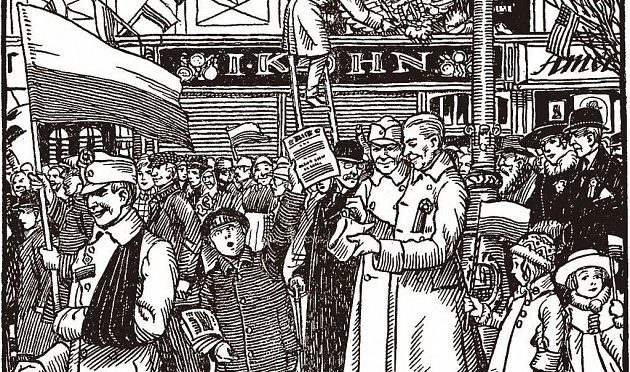
A lecture by Ségolène PLYER (University of Strasbourg)
Venue: CEFRES, Na Florenci 3, Prague 1 (Conference Room, Entrance C, 3rd Floor)
Horaires: 17:00-18:30
Organizer: CEFRES
Language: English
At the end of 1918, the change of political regime in Bohemia was rather pacific. Still, the archives show how much contemporaries feared the fall of the Habsburg monarchy. They also keep track of the expectations raised by the new Republic. Through the overlap of claims, wavering and conflicts, the foothills at the Silesian border, with its German and Czech settlement, exemplify the renegotiation on a local scale of the new social order.
llustration: Lithography reproduced by: https://nachodsky.denik.cz/kultura_region/pamatne-rijnove-dny-roku–v-hradci-kralove20081028.html
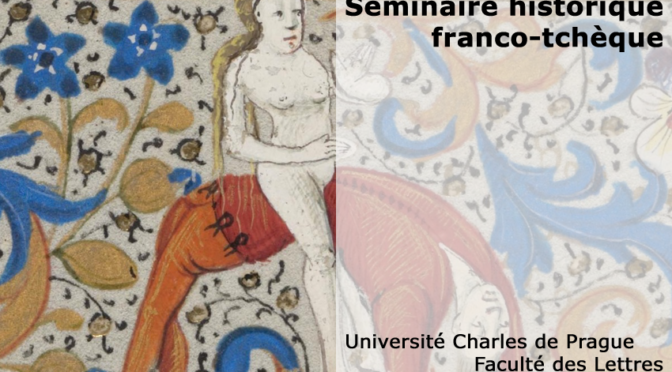
A lecture by Jérôme Heurtaux (CEFRES) in the frame of the Franco-czech historical seminar organized by Institute for Czech History of the Faculty of arts, Charles University (FFUK), in collaboration with CEFRES.
For registration, please contact Ms. Landová: adela.landova@cefres.cz.
Venue: Online
Time: 9:10-10:30
Language: French
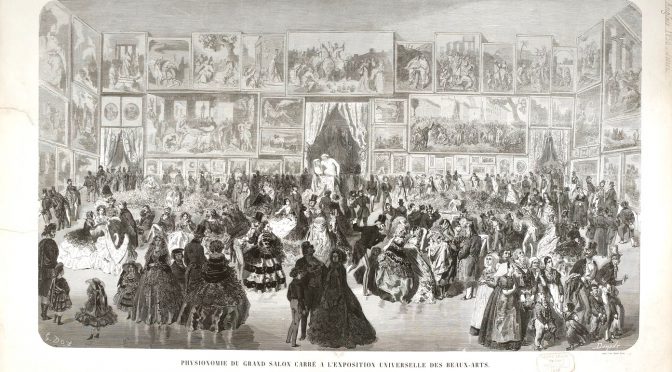
Fourth session of the common epistemological seminar of CEFRES and IMS FSV UK led by
Adéla Klinerová (CEFRES & FF UK-EPHE)
The Concept of Cultural Transfer
Where: CEFRES library – Na Florenci 3, 110 00 Prague 1 (to be confirmed)
When: Thursday 7.12.2017 from 3:30 pm to 5 pm
Language: English
Text:
- Štefanová Dana: Cultural Transfer, Regional History and Historical Comparison as Research Concepts. Comparing Research Between Western and Eastern Europe, in: Čapská Veronika et al.: Processes of Cultural Exchange in Central Europe, 1200-1800, Opava 2014.
Read more about the seminar!




